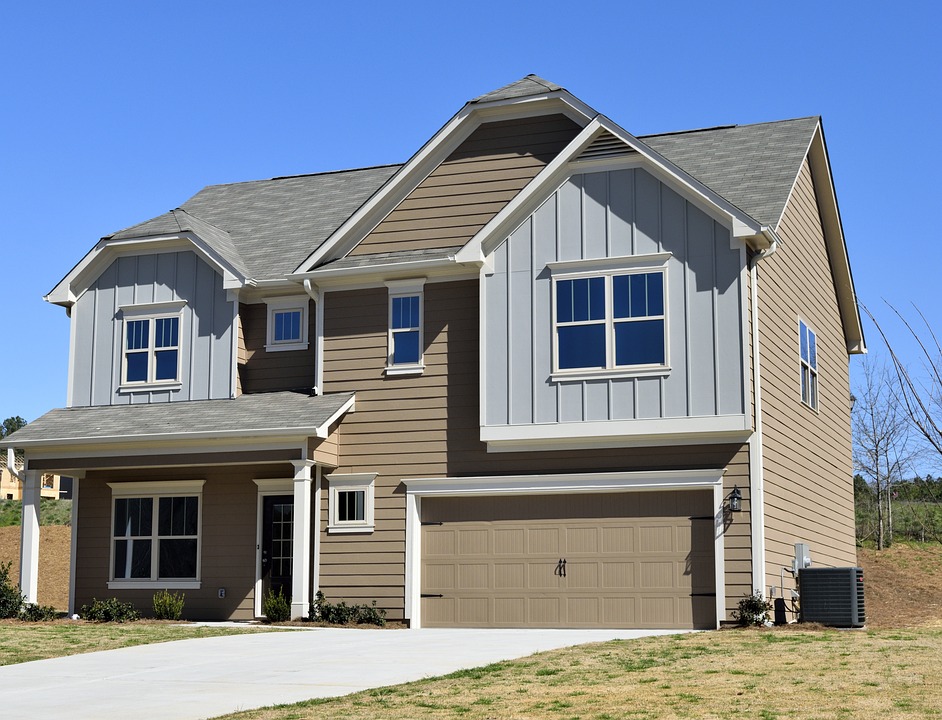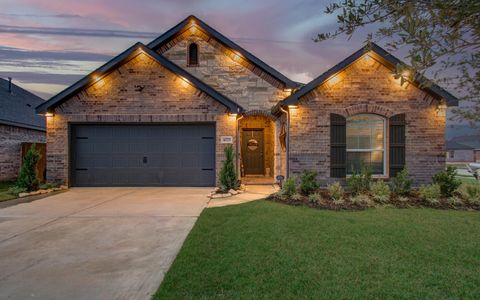Buying your dream home is an exciting and daunting task. With the rising cost of housing, it can be challenging to set a realistic budget that allows you to purchase the home of your dreams without putting yourself in financial jeopardy. However, with some careful planning and budgeting, you can make your dream home a reality without breaking the bank. Here are some tips for setting a realistic budget for buying your dream home.
1. Determine Your Monthly Income and Expenses: Before you start looking for a home, it’s crucial to have a clear understanding of your monthly income and expenses. Take some time to sit down and create a detailed budget that outlines your income, fixed expenses (such as rent, car payments, and utilities), and variable expenses (such as groceries, entertainment, and dining out). Knowing how much money you have coming in and going out each month will help you determine how much you can afford to spend on a home.
2. Calculate Your Down Payment: One of the key factors in setting a budget for buying your dream home is determining how much you can afford to put down as a down payment. Most lenders require a down payment of around 20% of the purchase price of the home, but you may be able to qualify for a loan with a lower down payment. Be sure to factor in your down payment amount when setting your budget, as this will affect your monthly mortgage payments.
3. Consider Your Debt-to-Income Ratio: Lenders use your debt-to-income ratio (DTI) to determine how much of a mortgage you can afford. Your DTI is calculated by dividing your total monthly debt payments by your gross monthly income. Ideally, your DTI should be below 43% to qualify for a mortgage. Take a look at your current debt obligations and consider how much additional debt you can comfortably take on before setting your budget for buying a home.
4. Factor in Additional Costs: When setting a budget for buying your dream home, it’s essential to consider additional costs beyond the purchase price. These costs can include closing costs, homeowner’s insurance, property taxes, maintenance, and repairs. Be sure to budget for these expenses to avoid any surprises after you’ve purchased your home.
5. Be Realistic About Your Needs and Wants: When setting a budget for buying your dream home, it’s essential to be realistic about your needs and wants. Consider what features are essential for your lifestyle and what would be nice to have. By prioritizing your needs over wants, you can ensure that you stay within your budget and find a home that meets your requirements.
In conclusion, setting a realistic budget for buying your dream home is a crucial step in the home-buying process. By determining your monthly income and expenses, calculating your down payment, considering your debt-to-income ratio, factoring in additional costs, and being realistic about your needs and wants, you can set a budget that allows you to purchase the home of your dreams responsibly. With careful planning and budgeting, you can make your dream home a reality without sacrificing your financial stability.










